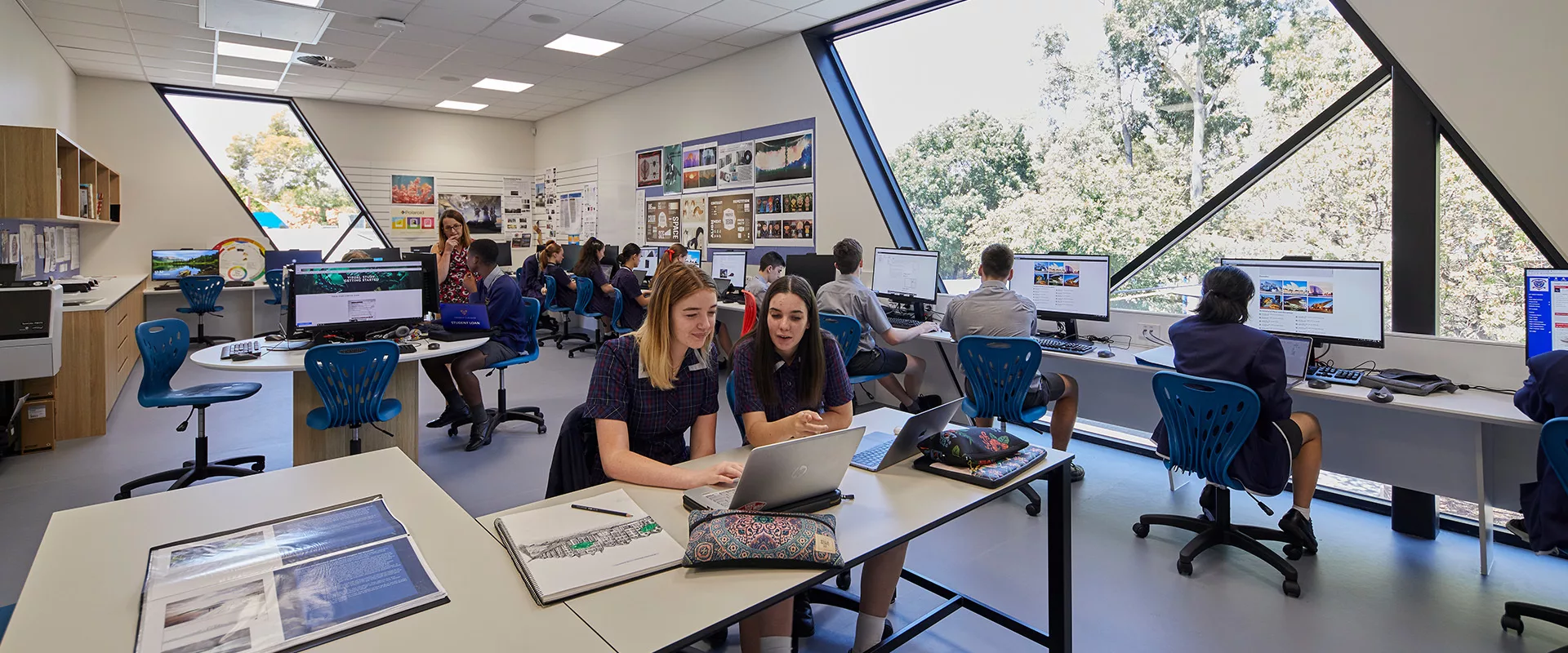Certificate in Future Oriented Learning
Adaptions in Student Self-efficacy in PE Through Use of an Innovative, Postmodern Teaching Pedagogy
Background: Sedentary lifestyles and physical inactivity are linked to rising obesity levels and have significant implications for our health care system (Martínez-González et al., 1999; Rey-López et al., 2008). The underlying philosophy of Physical Education (PE) is to promote physical activity and encourage its lifelong engagement (Marttinen et al., 2020; Meyer et al., 2013). Higher levels of participation in Physical Education in secondary education may be a mechanism to kerb the physical inactivity trend. Self-efficacy, which can be described as one’s belief in their ability to succeed in specific situations, forms part of Bandura’s Social Cognitive Theory (SCT)(Bandura, 2004). The SCT theorises that low self-efficacy is linked with poor participation, however self-efficacy can be influenced by four main sources, vicarious learning, performance accomplishment, verbal persuasion and interpretation of affective and physiological states. Enhancing self-efficacy through these sources may therefore provide a mechanism to increase participation in physical activity, impacting upon future activity levels (Barr-Anderson et al., 2008; Carroll et al., 2009; Penney & Jess, 2004; Yusuf, 2011).
Purpose: This research sought to determine if a pedagogical approach, which incorporates aspects of the SCT based on the work of Hattie (visible learning & teacher clarity) and Marzano (Effective Instructional Strategies) impacts upon students’ self-efficacy in PE (Corbitt, 2017; Hattie et al., 2018; Marzano, 2001).
Methods: An exploratory, descriptive, cohort design study was used in this research. Self-efficacy in PE for year 9 students engaged in PE as a subject at Trinity College South, was collected at baseline (prior to implementation of novel pedagogy) and at 15 weeks post implementation, using a self-efficacy scale from a Motivated Strategies for Learning Questionnaire (MSLQ), which had previously been cross checked for relevancy and authenticity.
The learning analytics visible and available to students in lessons focus on 'Apprenticeship Approach' (Knight et al., 2013) where students find themselves moving from novice to expert in given sporting disciplines (specifically Year 9 Archery & Volleyball)
Conclusion - Use data to suggest futures approach to use of the pedagogy in PE for developing self-efficacy and look to collect data around other areas of the student (namely attitude, difficulty, self-regulation and enjoyability).
Authored by former PE & Geography Teacher Scott Charlton


